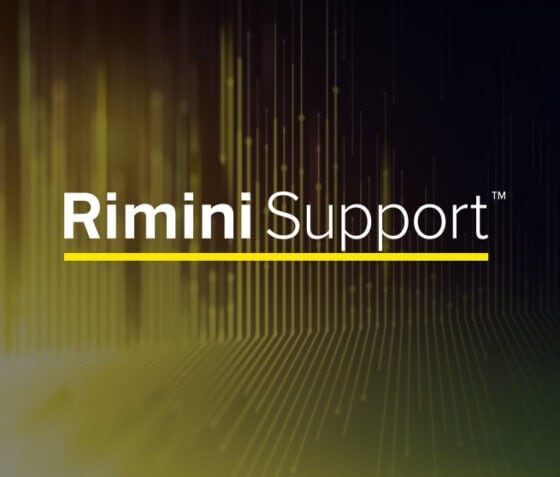Rimini Street benefits
Hundreds of Products Supported
Support for Customizations
Global Reach
Compliance Updates
Software support overview
Rimini Street is the global leader of independent enterprise software support services for Oracle and SAP products, based on both number of active clients and recognition by industry analyst firms.
Deep expertise
Enjoy direct access to expert-level engineering support. We only hire senior-level engineers and pair them with teams of functional and technical experts to deliver industry-leading SLAs all around the world. Our Primary Support Engineers average 20+ years of enterprise software support experience. You can count on our experts to implement best practices developed by configuring thousands of software applications and environments.
Support for custom code
Reduce your time to resolution for custom code issues. Software vendors typically don’t include customization support in their standard support programs. We offer customization support at no extra charge. Our experienced engineering and QA teams build your fixes and test them in your non-production environment before releasing to production.
Tax, legal, and regulatory updates
Meet compliance deadlines in each country and jurisdiction — regardless of the age and version of your software. Our global team tailors updates for your apps and versions for nearly 138 countries, territories, and administrative regions. We help you maintain reporting compliance by ensuring that you’re always up to date with the latest changes.




Related Resources


Street Wise
Where wisdom from decades of experience coupled with a passion for business and technology provide true IT thought leadership
Learn MoreLet's Start a Conversation
How can our software support and services model help you streamline operations?







